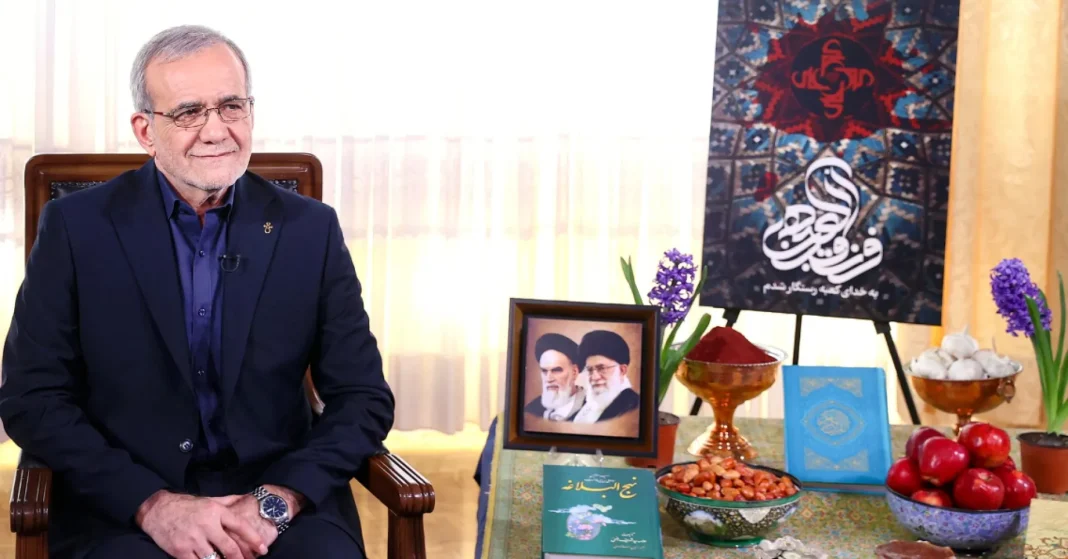Slovakia’s recent political developments have caught significant international attention, with Robert Fico’s rise being intricately connected to global geopolitics. Speculation suggests that a U.S. deal could tilt the scales in Russia’s favor, particularly in the context of Central European politics.
The Political Landscape in Slovakia

Robert Fico, a seasoned Slovak politician, has made a comeback, surprising many observers. Known for his pro-Russian sentiments, Fico’s potential alliances have long been a subject of intrigue in the European political arena. His policies often contrast with EU guidelines, creating a unique position for Slovakia in international relations.
His return to power connotes a shift that could have broader implications for the EU, especially concerning its eastern neighbors. Slovakia’s position in the heart of Europe makes its political alignment crucial for regional stability.
Implications of a U.S. Deal

Speculations around a U.S. deal hinge on geopolitical strategies that could potentially involve military or economic agreements. Such agreements could have a dual effect: enhancing Slovakia’s security and simultaneously emboldening Russia’s stance in Europe.
The rumored deal could strengthen U.S.-Slovak ties, but it raises concerns about escalating tensions with Russia. Fico’s known stance might facilitate a narrative that benefits Russia, further complicating the EU’s strategic posture.
Russia’s Strategic Gains

Russia stands to gain significantly should a U.S. deal realign Slovakia closer to Russian interests. With increased influence in Central Europe, Russia could leverage its relationships to counterbalance NATO’s strategies and EU sanctions.
This potential geopolitical win would not only enhance Russia’s position in Central Europe but also reaffirm its influence amidst global diplomatic tensions, offering Moscow an opportunity to showcase its strategic reach.
The European Union’s Dilemma

The EU faces a complex dilemma in managing its member states’ bilateral relationships with external powers. Slovakia’s engagement with both the U.S. and Russia underscores the broader struggle within the EU to maintain unity amid diverse national interests.
Such developments could necessitate a reevaluation of EU foreign policy and its approach to Eastern European member states, focusing on maintaining coherence while addressing individual countries’ geopolitical needs.
Conclusion

Slovakia’s political trajectory under Robert Fico highlights the intricate dance between geopolitical alliances and national sovereignty. As discussions of potential U.S. deals unfold, the broader implications for Russia and the EU remain significant, setting the stage for evolving international relations in the region.
Source: Official Government of Slovakia website.





